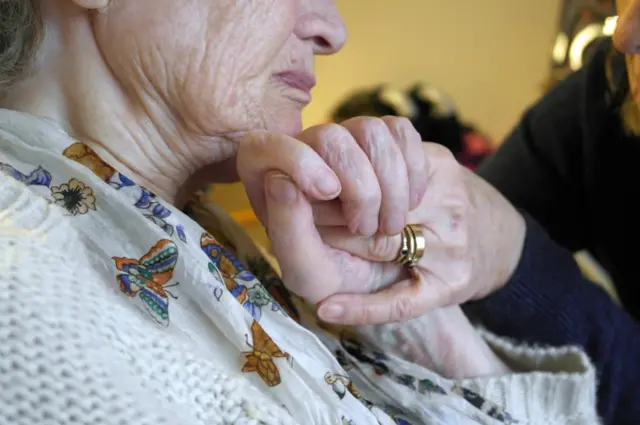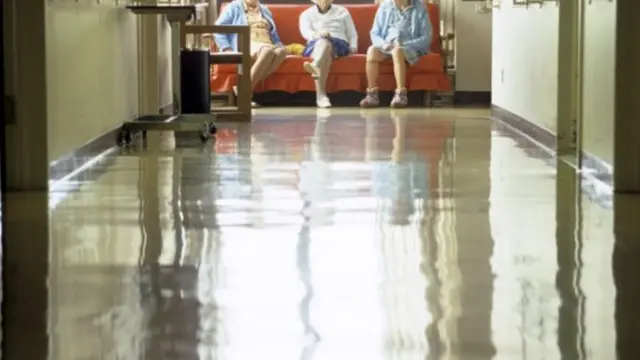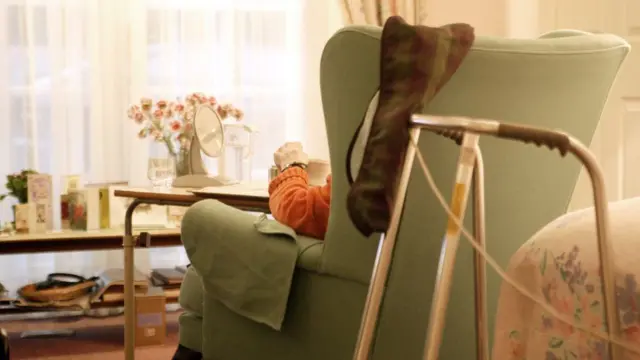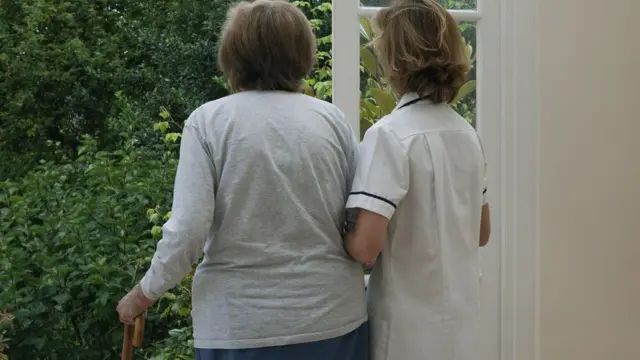'We need confirmation that vaccine passports will not be required for essential services'published at 13:31 BST 8 September 2021
Stewart Hosie, from the SNP says in Scotland a vaccine passport is being introduced but it will be limited to nightclubs, outdoor standing events with more than 4,000 people and any event with more than 10,000 people.
He says: "It's not enough to say you won't need a vaccine passport to get an essential service. It's got to be any setting where your attendance is unavoidable - shops, public transport, medical services, education - we need the confirmation."
Zahawi says: "In the process of parliamentary engagement and scrutiny we will be able to share the detail on that in due course."








